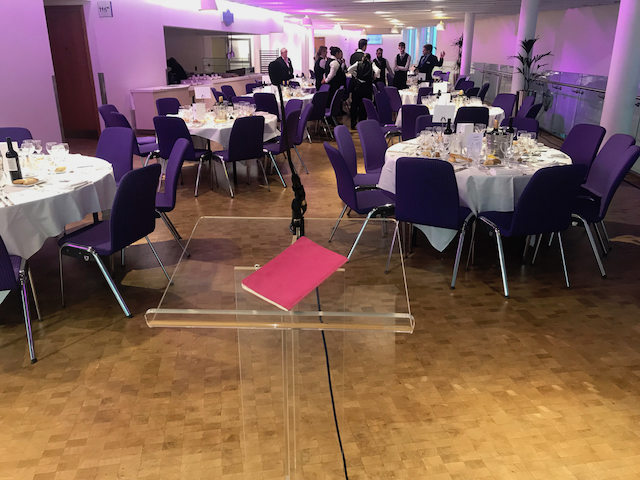In November 2019 I was booked to deliver the keynote address for the University of Edinburgh Engineering Faculty’s away day. It was an opportunity to explore how the climate and ecological emergencies are an invitation to delve into:
- The scale of the challenge to traditional university teaching
- The nature of the challenge and how we need a different approach
- How to use a problem-based learning approach
I began my talk with a reminder of some of the hard truths of the climate crisis. The things that we know about the climate emergency but don’t really like to spend time thinking about.
I made the case for three types of engineers we will need in future:
- Rebel engineers
- Transition engineers
- Recovery engineers
And then I asked, given the failure of the current generation of senior professionals (university lecturers amongst them) to avert the crisis, how can we ask the next generation of engineers to learn from the last?
This question poses a significant problem to the traditional model of university education, in which expertise is transmitted from the learned to the learner. The answer, as I set out, is in taking a joint experimentation approach, or in other words using problem-based learning.
My conclusion is that not only might this approach be more appropriate for the challenge, it offers a more meaningful and hopefully joyful way to facilitate learning.
This is the feedback I received from the person that booked me:
Your talk was just right. It’s been interesting listening to conversations yesterday, and it has certainly prompted a lot of discussion, both about the climate emergency and our role as engineering educators. As one of my colleagues said, it wasn’t what they expected, but it was what was needed. And it was perfect to have this because it contrasted with our discussions during the day and put them firmly in context. It’s also been really timely because it was immediately followed by our University announcing its climate crisis events day.


Leave a Reply